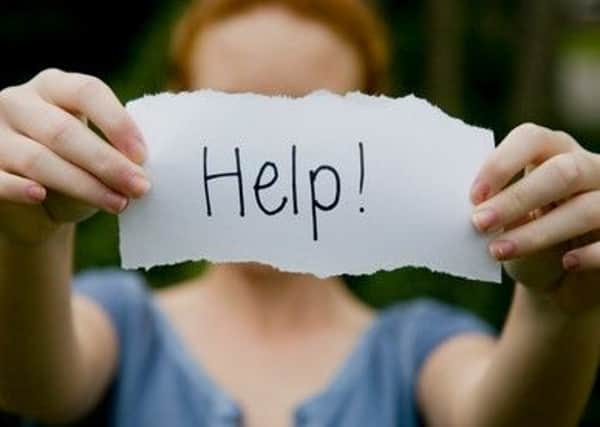Everybody hurts: How self harm has taken a grip in the borough


In an exclusive interview with The Coleraine Times to mark Self-Harm Awareness Day, Dr Denise O’ Hagan encouraged people who are affected by self-harm to seek help.
Statistics from the second annual report from the Northern Ireland Self-Harm Registry 2013-1014 showed that 724 people attended Causeway Hospital in Coleraine for either self harm issues (545) or suicidal ideation (179) - that’s almost two people each day.
Advertisement
Hide AdAdvertisement
Hide AdOver the same period there were 8,453 self harm cases at 12 emergency departments across the Province, involving 5,983 people. There were 2064 cases in the Northern Health Trust area alone.
Persons aged 15-29 accounted for almost half (44%) of all self-harm presentations, with 16% of presentations being made by 20-24 year olds, followed by 15-19 year olds (15%) and 25-29 year olds (13%).
Worryingly for our area, the report showed that the largest increases were observed in the Northern Trust (+19.6%) followed by the Southern Trust (+5.6%), the Belfast Trust (+5.6%) and the Western Trust (+2.8%).
The Northern Trust also had a higher number of female cases at 54.6%.
Advertisement
Hide AdAdvertisement
Hide AdAcross NI, drug overdose was the most common method of self-harm, accounting for almost three quarters of presentations (74%), followed by self-cutting which was involved in 24% of presentations.
Dr O’Hagan said: “The figures in the report show the numbers attending emergency departments, but they do not show the numbers of people presenting themselves to their GP or others, so in this respect we are only seeing the tip of the iceberg.
“Self harming is very much a hidden problem in our society. Our message would be to someone self harming or knows someone who is, not to suffer in silence.
“It’s a relatively common problem now and not getting help could be very serious and in some cases it can lead to suicide.”
Advertisement
Hide AdAdvertisement
Hide AdDr O’Hagan said that there is still a lot of shame and stigma associated with those who self harm but it was important for those to come forward to get the help they need.
If someone has done something which might result in serious harm they should go to a hospital Emergency Department or call 999 if more urgent assistance is needed. In less urgent situations, people can approach their GP who will determine what support services are most suitable for that individual.
“It’s important for people not to be judgmental but rather to encourage those who need help to come forward.
“Talking about self-harm can encourage people to open up about their feelings and seek help, which can be the beginning of their journey to recovery.
Advertisement
Hide AdAdvertisement